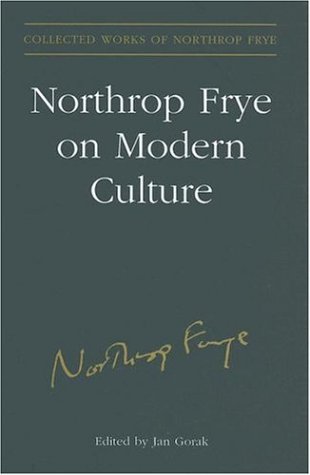

Most ebook files are in PDF format, so you can easily read them using various software such as Foxit Reader or directly on the Google Chrome browser.
Some ebook files are released by publishers in other formats such as .awz, .mobi, .epub, .fb2, etc. You may need to install specific software to read these formats on mobile/PC, such as Calibre.
Please read the tutorial at this link: https://ebookbell.com/faq
We offer FREE conversion to the popular formats you request; however, this may take some time. Therefore, right after payment, please email us, and we will try to provide the service as quickly as possible.
For some exceptional file formats or broken links (if any), please refrain from opening any disputes. Instead, email us first, and we will try to assist within a maximum of 6 hours.
EbookBell Team

0.0
0 reviewsEradicating once and for all the unfounded notion that Frye was not a political writer, this eleventh volume in the Collected Works of Northrop Frye gathers together all of Northrop Frye's writings on politics, culture, the arts, history, literature, mass media, and music.Written between 1934 and 1986, these collected works illustrate the extent of Frye's engagement with the unfolding events of twentieth-century political life, from the Great Depression to the Reagan / Thatcher / Mulroney era. The centrepiece of the volume, Frye's learned and wide-ranging contribution to the Canadian confederation celebrations, The Modern Century (1967), is accompanied by pieces that reflect Frye's observations on such diverse political events as the Oxford 'King and Country' debate and the Vietnam war, revealing Frye the literary theorist as Frye the political entity.
Jan Gorak's extensive introduction and annotations serve to historicize Frye and situate him and his work in the historical and critical context of twentieth-century Canada and North America. Frye's work is discussed in relation to that of T.S. Eliot, Edmund Wilson, Raymond Williams, Marshall McLuhan, Harold Innis, E.J. Pratt, A.J.M. Smith, F.A. Underhill, J.S. Woodsworth, George Grant, and especially Oswald Spengler. Erudite and enlightening, Frye's comments on politics are as relevant today as they were when he wrote them, and this volume will be a valuable reference for understanding the essential Frye.